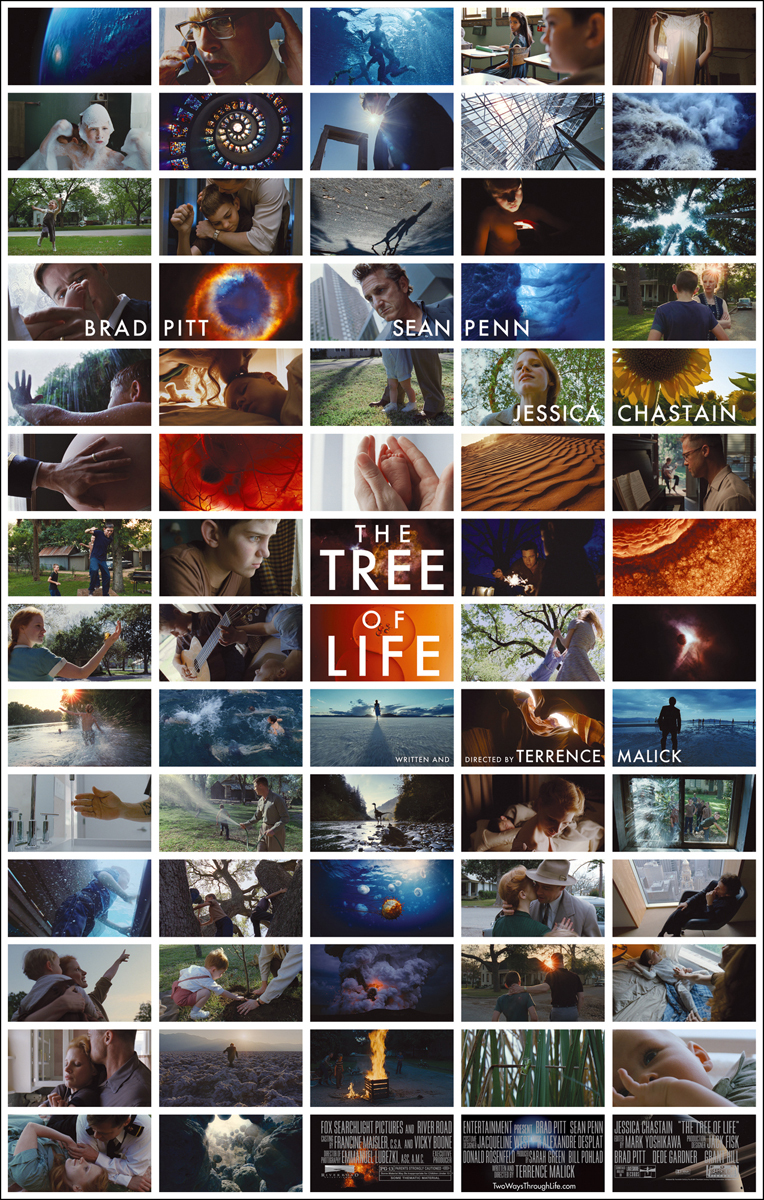As most cinema goes are just getting down from their Harry Potter highs, induced by the franchisees highly successful and well crafted finale Harry Potter And the Deathly Hallows Part 2 (2011) [which will be discussed further in an upcoming post], I have been looking ahead to the finale of a smaller film franchise. Emerging onto our screens in 2005, Christopher Nolan exposed international cinema goers to the dark, corrupt and shockingly realistic world of Gotham City, a city run by the mob, controlled by unbureaucratic cops and oh yeah a billionaire playboy who dresses up as a Bat.
Yes, we all know the story for the highly successful Batman Begins (2005) which reinvented the Batman franchisee after an 8 year absence, following the ridiculously camp Batman & Robin (1997). By bringing a new cast, led by Oscar winners Christian Bale, Michael Caine and Morgan Freeman, Nolan exposed audiences to the deeper humanity and realism within Bob Kane’s original comic book series, creating a Gotham that could represent any major metropolis across the world. His commitment to a realistic story, layered characters and mind-blowing action saw the films’s sequel, The Dark Knight (2008), break box office records and, indirectly, bring about one of the biggest changes in the Academy Award’s history, with the Academy extending the Best Picture category from 5-10 films (and now from anywhere between 5-10 films) in order to prevent any other publicly and critically regarded films from being unjustifiably snubbed. However, the film did secure two wins out of eight nominations, including a well deserved posthumous win for Heath Ledger (The Joker). Together these two films have garnered a large international fan base, millions of dollars in box office/DVD/Blu Ray sales and created an incredible online excitement around the franchises final installment The Dark Knight Rises (2012), which is currently filming in the UK.
But as the first teaser trailer was released yesterday, via the Warner Brother’s YouTube account, I cannot help but feeling sad that this monumental franchise will come to end next July. For this series, like Harry Potter in many ways, has changed how people view going to the movies, creating a buzz and excitement that is felt across almost every person. While I too am excited for Nolan’s next offering, and I will be speculating about what the plot will entail (is Bane working for the League of Shadows? Will Selina Kylie/Catwoman be an enemy or foe? Will Marion Cotillard’s character really by Talia al ghul (the daughter of Liam Nesson’s character from Batman Begins?) I will also be sad to see another great franchise end after less than 10 years.
If you haven’ already watch the teaser, speculate yourself and feel the bipolar emotions of excitement and grief as we prepare for what will be, no doubt, 2012’s Best Film of the year!



